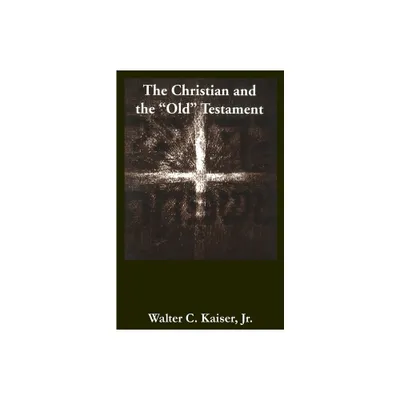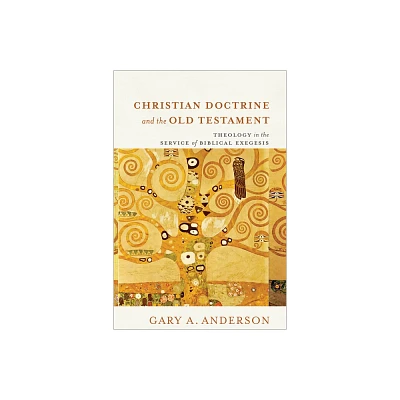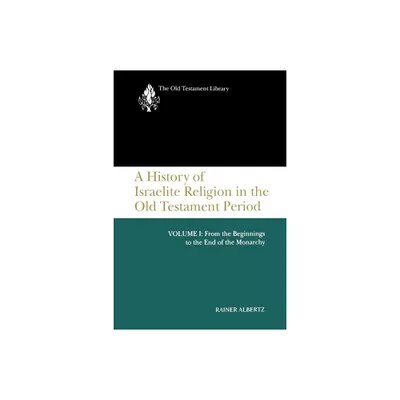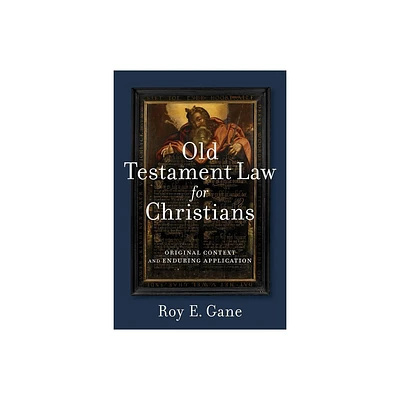Home
Palestinian Christians and the Old Testament: History, Hermeneutics, Ideology
Loading Inventory...
Barnes and Noble
Palestinian Christians and the Old Testament: History, Hermeneutics, Ideology
Current price: $99.00


Barnes and Noble
Palestinian Christians and the Old Testament: History, Hermeneutics, Ideology
Current price: $99.00
Loading Inventory...
Size: Hardcover
*Product Information may vary - to confirm product availability, pricing, and additional information please contact Barnes and Noble
The foundation of the modern State of Israel in 1948 is commemorated by many Palestinians as a day of catastrophe. Many Palestinian Christians claim that the
nakba
was also spiritually catastrophic: the characters, names, events, and places of the Old Testament took on new significance with the newly formed political state, which caused vast portions of the text to become unusable in their eyes and be abandoned.
Stalder asks how Palestinian Christians have read the Old Testament in the period before and under the British Mandate and now, in light of the foundation of the modern State of Israel, then contemplates how they might read these sacred texts in the future, interacting with proposals by Michael Prior, Charles Miller, and Gershon Nerel. His particular goal is to outline a possible hermeneutic that does not disregard the concerns of the respective religious communities without writing off the Old Testament prematurely.
nakba
was also spiritually catastrophic: the characters, names, events, and places of the Old Testament took on new significance with the newly formed political state, which caused vast portions of the text to become unusable in their eyes and be abandoned.
Stalder asks how Palestinian Christians have read the Old Testament in the period before and under the British Mandate and now, in light of the foundation of the modern State of Israel, then contemplates how they might read these sacred texts in the future, interacting with proposals by Michael Prior, Charles Miller, and Gershon Nerel. His particular goal is to outline a possible hermeneutic that does not disregard the concerns of the respective religious communities without writing off the Old Testament prematurely.

















